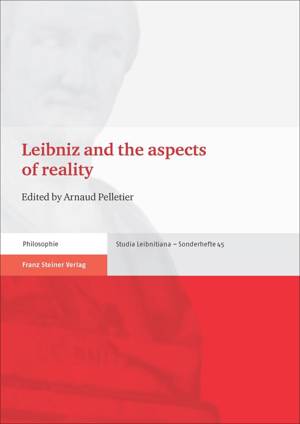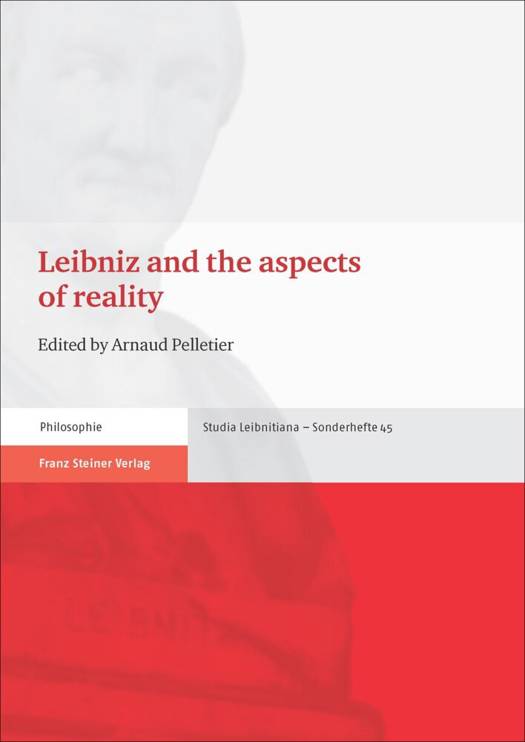
- Afhalen na 1 uur in een winkel met voorraad
- Gratis thuislevering in België vanaf € 30
- Ruim aanbod met 7 miljoen producten
- Afhalen na 1 uur in een winkel met voorraad
- Gratis thuislevering in België vanaf € 30
- Ruim aanbod met 7 miljoen producten
Zoeken
Leibniz and the Aspects of Reality
€ 44,45
+ 88 punten
Omschrijving
What is reality? Is it what appears to me, or what appears to most, or even what appears to some minds? Or should it rather be characterised as that which resists, as that which does not depend on me, or as that which exists anyway? And is the sense of "what is real" actually grasped by such idealist and realist conceptions? German philosopher Gottfried Wilhelm Leibniz (1646-1716) addressed the different aspects of this difficult issue through sustained and constant attention. By examining these aspects, the contributions gathered in this volume follow a dual purpose. First, they intend to reflect the diversity of the objects that triggered Leibniz's thoughts. In particular, they provide new insights into Leibniz's understanding of not only the reality of dreams, the properties and relations of things, the soul, and mathematical objects, but also the reality of space and time or the theological problem of the Eucharist. Second, they intend to overcome the overly unilateral debate between the idealist and realist readings of Leibniz's last metaphysics that have pervaded interpretations over the past 30 years.
Specificaties
Betrokkenen
- Uitgeverij:
Inhoud
- Aantal bladzijden:
- 149
- Taal:
- Duits
- Reeks:
- Reeksnummer:
- nr. 45
Eigenschappen
- Productcode (EAN):
- 9783515111706
- Verschijningsdatum:
- 8/12/2015
- Uitvoering:
- Paperback
- Formaat:
- Trade paperback (VS)
- Afmetingen:
- 170 mm x 239 mm
- Gewicht:
- 271 g

Alleen bij Standaard Boekhandel
+ 88 punten op je klantenkaart van Standaard Boekhandel
Beoordelingen
We publiceren alleen reviews die voldoen aan de voorwaarden voor reviews. Bekijk onze voorwaarden voor reviews.










